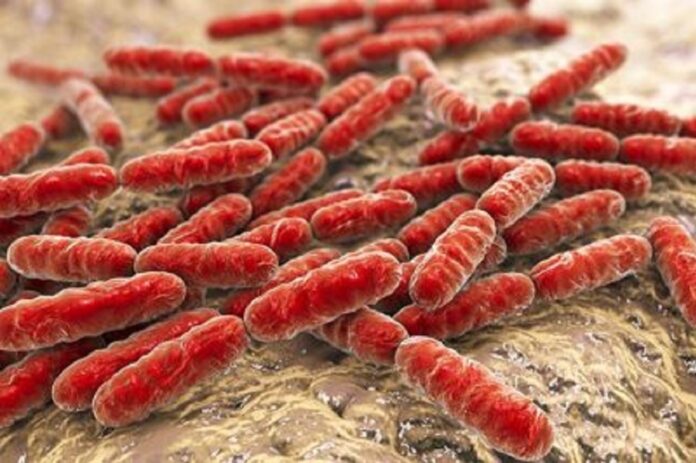The human gut harbors a complex ecosystem of microorganisms, collectively known as the gut microbiota, which is crucial in maintaining overall health and well-being. Emerging evidence suggests that an imbalance in the gut microbiota, characterized by an overgrowth of pathogenic bacteria and a decline in beneficial ones, is associated with various health disorders. Therefore, restoring a healthy balance of gut bacteria has become a focus of research and therapeutic interventions.
Probiotics, known for their role in maintaining a healthy gut microbiome, are now being explored as a potential treatment strategy for intestinal diseases like Crohn’s. Researchers have developed a microgel delivery system for probiotics, effectively protecting beneficial bacteria while eliminating harmful ones. This system successfully treated intestinal inflammation in a mice study without any observed side effects.
Currently, diseases involving chronic colitis, such as inflammatory bowel disease and Crohn’s disease, rely on expensive and non-specific immunosuppressant drugs, which can contribute to antibiotic resistance. The microgel delivery system offers a targeted and safer approach for managing these conditions by restoring bacterial balance and minimizing reliance on immunosuppressants.
Researchers, led by Zhenzhong Zhang and colleagues, have developed a novel approach for delivering probiotics to the colon, potentially restoring bacterial balance and treating conditions like colitis. Combining sodium alginate, tungsten, and calcium-containing nanoparticles into microgel spheres protected the probiotics as they navigated the stomach and increased their retention in the colon. When the microgels encountered calprotectin proteins present during colitis, the gel structure was disassembled, releasing tungsten. Researchers reporting in ACS Central Science have developed a microgel delivery system for probiotics that keeps “good” bacteria safe while actively clearing out “bad” ones. In mice, the system treated intestinal inflammation without side effects.
Tungsten inhibited the growth of harmful bacteria while leaving the probiotics unaffected. In a colitis mouse model, the system allowed probiotics to flourish without side effects, demonstrating its potential as an effective treatment strategy. While further studies are needed, this innovative delivery system offers a new perspective on utilizing probiotics for colonization-based therapies.
The development of this microgel delivery system represents a significant advancement in probiotics-based therapies. By harnessing the protective capabilities of microgels, it becomes possible to enhance the therapeutic potential of probiotics and address the underlying causes of intestinal diseases more precisely. The targeted elimination of harmful bacteria while preserving beneficial populations offers a new frontier in managing conditions like Crohn’s disease, potentially reducing reliance on non-specific medications and minimizing the emergence of antibiotic resistance.
In conclusion, the microgel delivery system for probiotics presents an exciting prospect for treating intestinal diseases. By maintaining the delicate balance of the gut microbiome and providing a targeted approach to eliminate harmful bacteria, this innovative strategy can revolutionize the management of conditions such as Crohn’s disease. Further research and clinical investigations are warranted to fully explore this approach’s therapeutic efficacy and safety in human subjects.
Journal Reference:
- Jiali Yang, Mengyun Peng et al. Calcium Tungstate Microgel Enhances the Delivery and Colonization of Probiotics during Colitis via Intestinal Ecological Niche Occupancy. American Chemical Society. DOI:10.1021/acscentsci.3c00227
